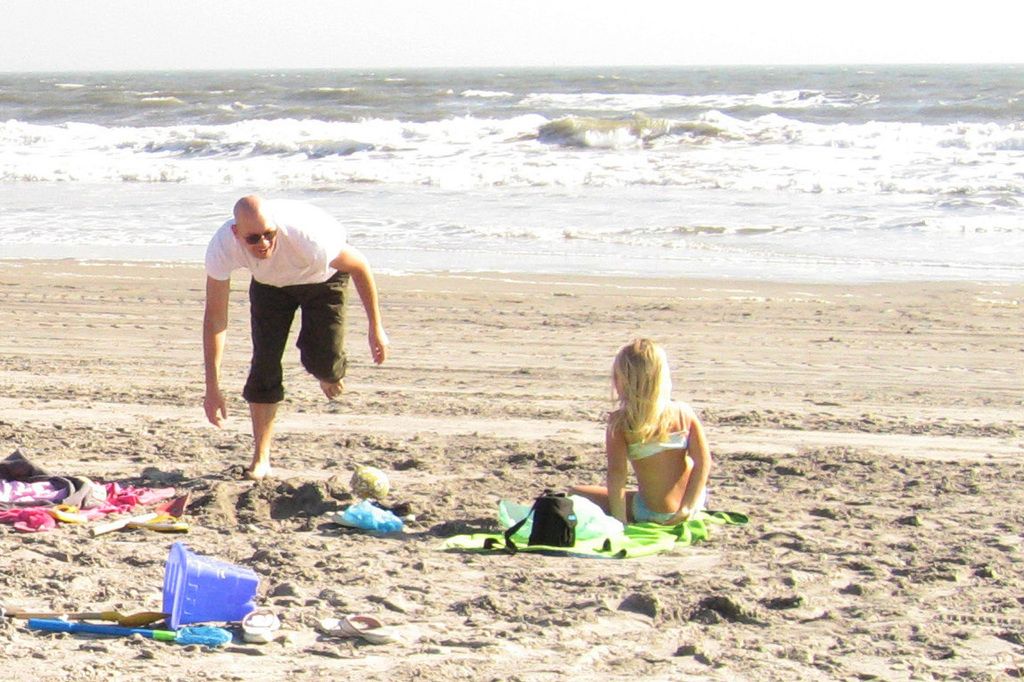Mar-a-Lago Agreement and its Wall Street spotlight: An analysis of its significance and recent focus.
Layin' Down the Law with Trump's Tariff Game: The new sheriff in town, Donald Trump, ain't no stranger to stirrin' up a storm with his tariff policy, according to Rogé Karma in The Atlantic. Some smart cookies believe it's the sneaky first move in a "grand plan," with Wall Street buzzing that its ultimate target ain't just world leaders, but Mar-a-Lago, Trump's digs in Florida. The deal there? They'll be forced to set up factories in the U.S., boost their own currencies to help US manufacturing, all while shakin' hands with the big man himself.
This ain't no wild west dream, either, if Gillian Tett at the Financial Times is to be believed. There's historical precedent for a Mar-a-Lago-style accord, with the 1985 Plaza Accord layin' the groundwork. In this deal, Washington wrangled Japan, Germany, Britain, and France to coordinate on weakenin' the dollar. Despite the barriers, a 2025 reboot might not be as far-fetched as some economists claim. After all, what's a little coordination when the Trump team's tactics have been doin' a number on the global economic landscape?
But, as John Authers at Bloomberg puts it, it's "wholly reasonable" for Trump to want to bring jobs back to the land of the free. The question is whether other countries are gonna buckle under the pressure. With Europe rearmin' by buildin' their own defense base and longstanding allies setting the stage for independent nuclear deterrents, it seems the old world ain't so eager to roll over.
As for China, they ain't exactly chompin' at the bit either. Struggling with sluggish demand, they've got no interest in a deal that'll hurt their own exporters, says Neil Shearing of Capital Economics. So, while the White House might think it's playin' five-dimensional chess, the global response has been to look for alternative ways to keep the economy thrivin'.
Ain't no foundation for a Mar-a-Lago Accord, hollers George Saravelos at Deutsche Bank. The plan's analytical foundation is shaky at best, with a fundamental inconsistency between Trump's desire to maintain dollar reserve status and his proposed moves to weaken it. It seems there's a whole lot of hole-pokin' goin' on when it comes to this Mar-a-Lago deal.
Adam Tooze, in his Chartbook newsletter, isn't so sure. Some of the smartest minds out there are convinced the White House is playin' some fancy-schmancy five-dimensional chess, when in reality, they might just be steerin' a clown car on a crazy course. It's easier to think there's a method to the madness than to face the truth: we ain't got a clue what's really going on here.
Want in on the exclusive action? Get our website magazine and enjoy all the latest financial news, expert analysis, and 60% off after your trial.
- The revised tariff policy implemented by President Donald Trump is being deemed a strategic move in the financial sector, potentially aiming for greater savings and investments in US business, according to John Authers at Bloomberg.
- Amidst the debate surrounding Trump's tariff policy and its economic impact, some experts such as Adam Tooze from Chartbook newsletterquestion if the White House strategy could be more complex, akin to five-dimensional chess, rather than a chaotic course.
- In the realm of policy-and-legislation, the Tariff policy enacted by Trump sparks debate among economists, including George Saravelos at Deutsche Bank, who raises concerns about the incongruity between maintaining dollar reserve status and the moves designed to weaken it.
- As the global economic landscape undergoes changes due to policy decisions, the finance industry closely follows general news, aiming to stay updated on the latest tariff discussions, savings opportunities, and investing advice that emerge from Trump's tariff game, as reported in various newsletters like Chartbook.




